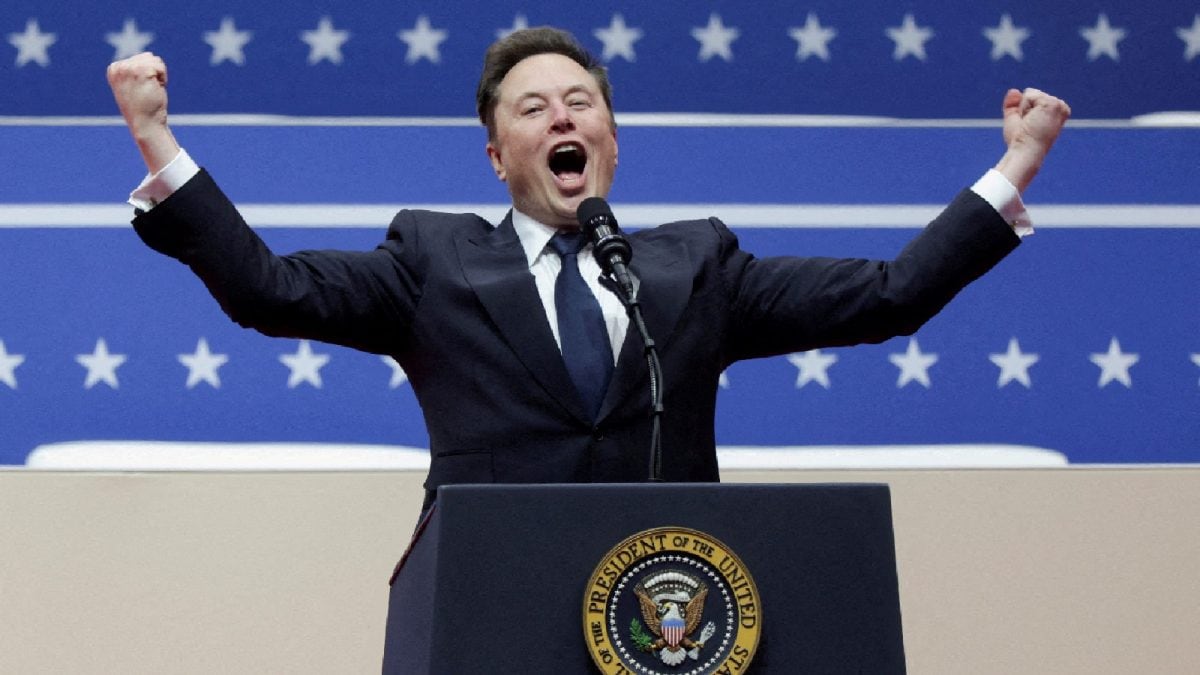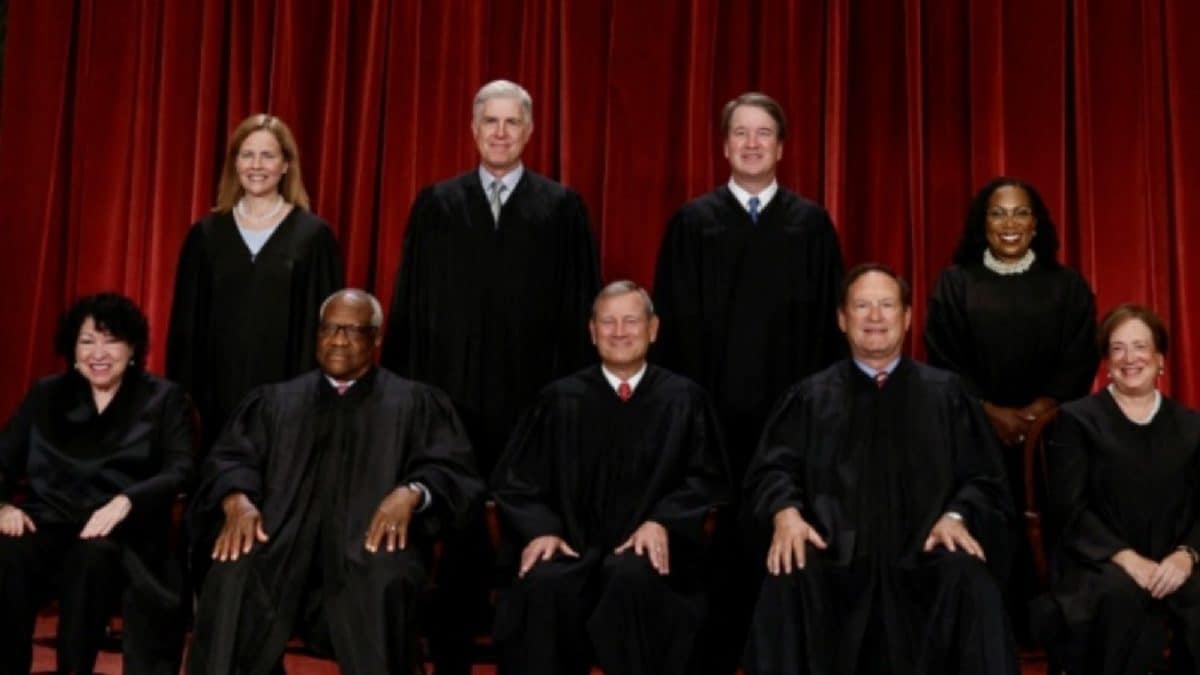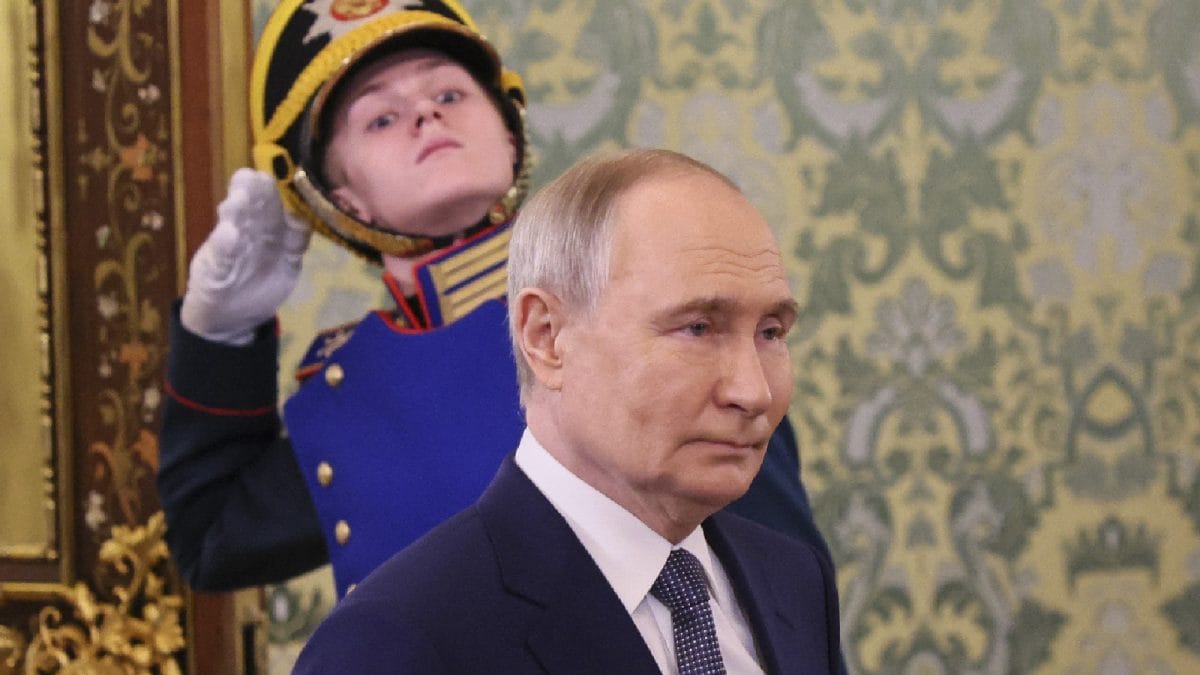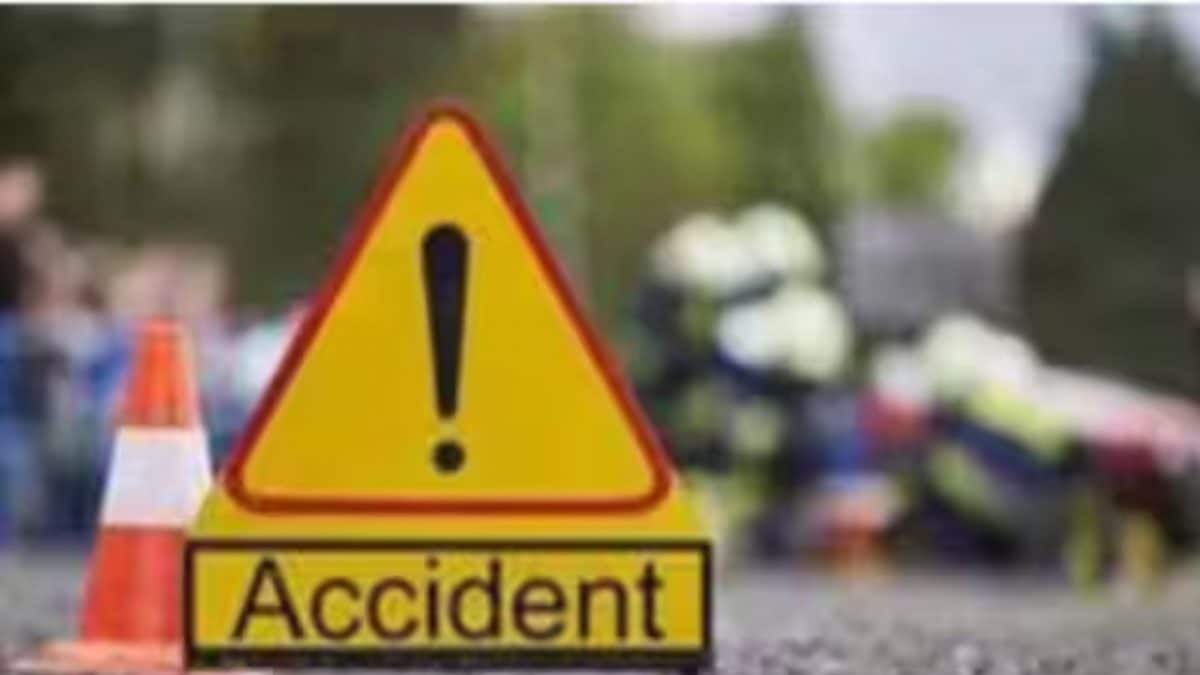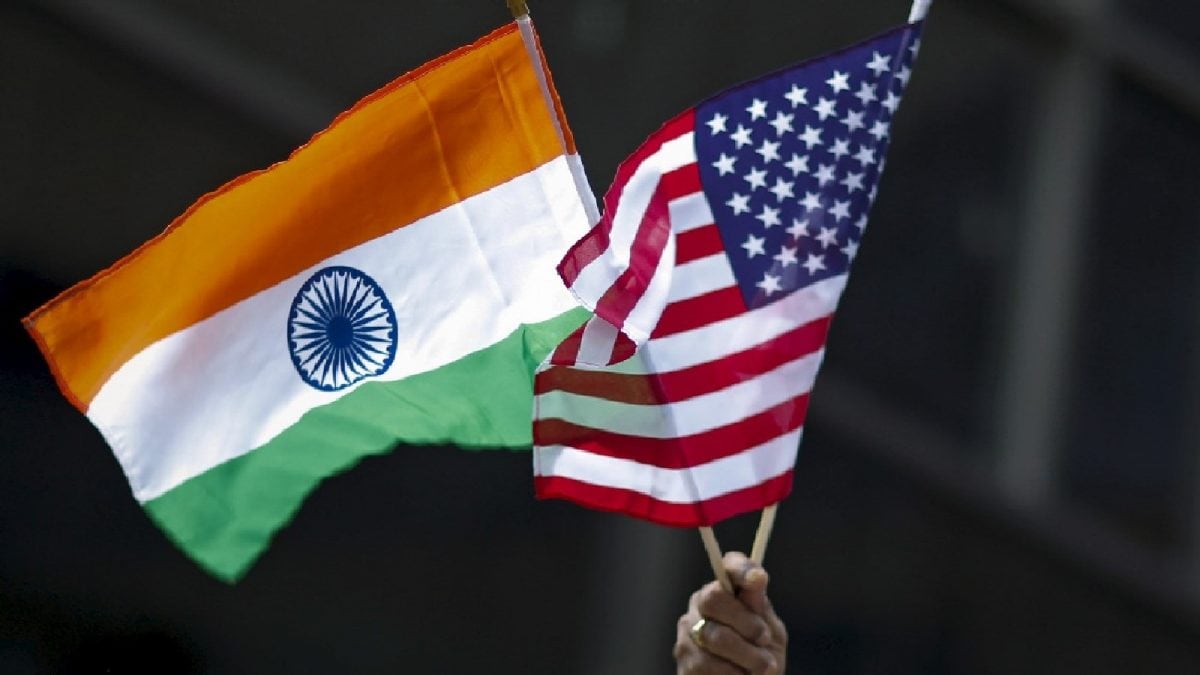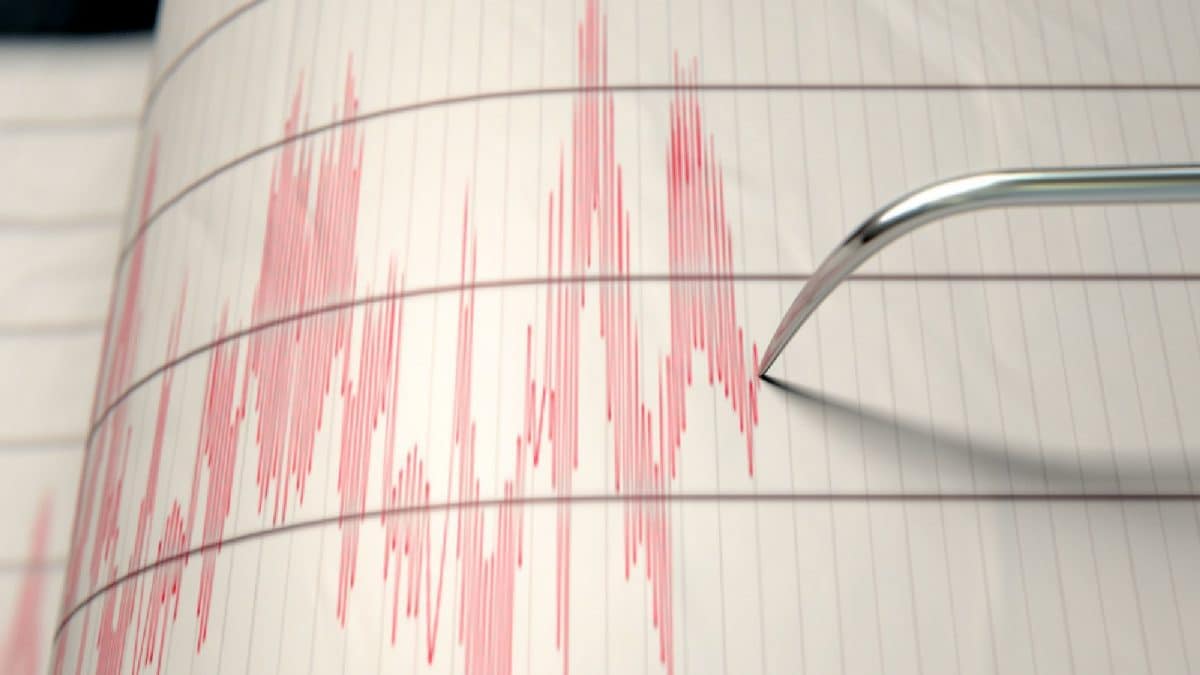‘Temu Trump’ is now in Hansard
The next question is from Greens MP Stephen Bates, who asks:
Prime minister, why would you invite Donald Trump to Australia when you have a Temu Trump sitting opposite you right now!
(If you’ve missed it, there have been some rather unflattering references to Peter Dutton as a “Temu Trump” by the likes of the Betoota Advocate and others. If you don’t know what Temu is, perhaps you haven’t spent enough time on the internet).

He’s immediately asked to rephrase the question (which gets some booing from the Labor benches).
Attempt two from Bates is much more serious:
Given Trump’s attacks on democracy and western institutions, and even threatening our allies and even the PBS [Pharmaceutical Benefits Scheme], why would you invite him to Australia?
Albanese says he will always stand up for Australia’s national interest:
The United States president will always be welcome in Australia. The United States president, I would expect, will attend the Quad meeting which will be hosted here either next year or the year after.

Key events Show key events only Please turn on JavaScript to use this feature
Greens calls Coalition’s fuel excise cut a ‘bribe’ as Pocock decies ‘short-term tinkering’
What does the crossbench view of the fuel excise cut?
The Greens senator Sarah Hanson-Young is no fan of the policy, telling the ABC it’s a “bribe” and it won’t “touch the sides” of the cost of living relief people need.
I will tell you what is a bribe – pretending to offer people cheaper petrol, which 12 months later, is going to soar again. And failing to invest in allowing households to actually cut their bills permanently.
Hanson-Young is joined by independent senator David Pocock – both are calling for proper policies to help people electrify their homes, which would more permanently bring down energy bills.
Pocock says the measures in the budget don’t go far enough and calls the policies from Labor and the opposition as “short-term politicking”.
We are seeing short-term tinkering, nothing that is actually addressing the root cause of the challenges that we are facing.
Joyce: fuel cut excise ‘effecacious’ way of helping those in a cost-of-living crisis
Earlier, the PM read out some choice comments from the opposition (including Barnaby Joyce) previously about cutting the fuel excise – you can read back on that here.
Karvelas puts those comments to Barnaby Joyce – who is on a panel with Labor frontbencher Anne Aly. Joyce says the excise cut will go to those who need help the most.
They are the people for which fuel is a great proportion of their budget ... so we need to look after people in a … cost-of-living crisis which is just crushing people. This is the most efficacious way to deal with it.
He adds the policy goes to people like pensioners or single mothers who are struggling but might not pay tax, so wouldn’t benefit from a tax break.
Aly counters saying the excise is temporary while a tax cut is permanent.
You [Joyce] actually flat out said it would not help the cost of living back then. If it wasn’t going to help in 2022, I find it confusing you are now mounting an argument that it would help the cost of living now.
Chalmers pushed on migration numbers
Circling back to Chalmers on Afternoon Briefing, Patricia Karvelas asks about migration figures and whether Chalmers is “concerned” by the numbers in the budget. (This has been a big theme post-budget)
Karvelas: Net overseas migration is forecast to be 345,000 in 24-25. That is 75,000 higher than what is forecast. Are you concerned with that number?
Chalmers: That is the year we are finishing now and the main driver is fewer people leaving. The forecast for people coming here have been broadly as expected.
Karvelas: But they won’t leave?
Chalmers: It is also Australians leaving. Obviously the net part of the net migration ...
Karvelas: Australians like it better here.
Chalmers: Yes, and why not?
He says the government is dealing with reducing migration numbers and says Peter Dutton tries to “play divisive politics with migration”

Sarah Basford Canales
Report into Department of Parliamentary Services makes seven recommendations on internal processes
Continuing from our last post…
Hinchcliffe said the independent report into the DPS was an “extensive examination of the department’s actions and engagement” and provided seven recommendations, including some on DPS internal processes and decision making regarding the management of conflicts of interests and record keeping, but did not provide any further detail.
The DPS is now considering how to make further details of the final report public. Hinchcliffe said that consideration also occurred “against the background of a related investigation being conducted by the Anti-Corruption Commission”. Hinchcliffe did not provide any details of how the Nacc investigation was related to the subject of the report or its scope.
The DPS has previously confirmed the Nacc is investigating an issue in the department, after a raid in Parliament House by the Nacc was first reported by Guardian Australia in October 2024. Guardian Australia has contacted the DPS and the Nacc to confirm whether that raid is linked to the ongoing investigation.

Sarah Basford Canales
Anti-corruption watchdog probing $300,000 payout to former deputy secretary
Earlier this morning in Senate estimates, the acting secretary for the Department of Parliamentary Services confirmed the anti-corruption watchdog was probing an issue related to a $300,000 payout to a former deputy secretary.
Jaala Hinchcliffe also told Senate estimates she had received the findings of an independent report into what role its officials played in a $300,000 payout to Cate Saunders, a former deputy secretary, who was moved to another department after a “close personal relationship” was declared.
The former secretary, Rob Stefanic, denied having a romantic relationship with Saunders – his then subordinate – in a Senate estimates hearing in May 2024, saying he formally declared a conflict of interest due to “gossip” and “rumour”.
Months after the conflict of interest was first declared, Saunders was placed on secondment at Services Australia in April 2023 until she accepted a $315,126 incentive payment for her retirement from the public service on 1 October 2023.
The exit package was approved by the Department of Parliamentary Services. Stefanic told the May hearing he was not personally involved in its sign off. In October 2024, Stefanic took a period of sudden leave, with the presiding officers later confirming his role had been terminated in December 2024.
At a Senate estimates hearing in February, the presiding officers said he had lost their “trust and confidence”.
Chalmers continues post-budget interview blitz
Jim Chalmers is continuing his barrage of post-budget interviews, and is currently justifying why Labor won’t back a cut to the fuel excise.
He’s telling ABC Afternoon Briefing the government already has “better plans” and points to the fact that the Coalition have said they would repeal Labor’s tax cut if they came into government
The most important part is Angus Taylor said on the ABC this morning that he would legislate to increase taxes on Australian taxpayer if they win the election, and no matter what Peter Dutton says in a couple of hours’ time, that has been rendered almost meaningless by the fact that the Coalition has confirmed every taxpayer will pay more tax if the Coalition wins the election.
On why Labor’s cost of living support will take so long to take effect, he says it’s because there’s already other measures that are in place and this will provide more ongoing relief.

Jordyn Beazley
What’s the situation with youth crime in NSW?
Continuing from our last post…
Youth crime has by and large remained stable in NSW for the past ten years, according to the Bureau of Crime Statistics and Research. However over the past two years there has been a “significant increase” in two out of the 62 crime categories – shoplifting and possession of a weapon.
An inquiry into community safety in the regions is currently under way and was launched last year after concern around youth crime escalated. At the public hearing in Bourke, community members reported that some instances of youth crime had become more violent, but they were being perpetrated by a small number of repeat offenders – many of whom come from unsafe homes.
The Aboriginal Legal Service has previously warned that imprisoning young people only makes communities more unsafe in the long term, as it puts them on a path to commit more crime.

Jordyn Beazley
NSW opposition proposes tougher youth crime bail laws as s mull reversing doli incapax
The NSW opposition will soon introduce a bill that it says takes “real action” on youth crime in the regions by toughening bail laws further and introducing electronic monitoring and curfews for children while they are on bail.
NSW opposition leader Mark Speakman, who acknowledged the root causes of crime need to be addressed to make a difference, said the bill seeks to strengthen the Minns government’s laws to tackle youth crime – which make it harder for repeat offenders who commit break and enter and car thefts while on bail to get bail again.
The opposition has proposed to further toughen those laws by making it harder for young people to get bail for all serious indictable offences and making it easier for bail to be revoked.
The bill does not include a s party proposal to reverse doli incapax, which places the onus on police to prove children aged between 10 and 14 who allegedly committed an offence had criminal intent and knew what they were doing was wrong.
However, th NSW s leader, Dugald Saunders, said it wasn’t yet ruled out:
We need an immediate circuit breaker to stop repeat youth offenders from holding our communities to ransom and we will continue discussions with the shadow attorney general around potential changes to doli incapax along with diversionary programs.
Staying with infrastructure estimates, here was the moment Bridget McKenzie accused the head of the transport department, Jim Betts, of being an ‘inner-city lefty’.

Cait Kelly
Infrastructure Australia chief says Victorian government have refused to give costs for design changes on Suburban Rail Loop since 2020
Infrastructure Australia’s chief of infrastructure assessment, David Tucker, has been taking questions from Senator Bridget McKenzie about Victoria’s Suburban Rail Loop.
A recent report from Infrastructure Australia warned the federal government against pouring more cash into the project until the state government could show its funding model. Tucker said they have not seen the costs for design changes that have occurred since 2020.
Mckenzie: And can you step us through... what are the changes?
Tucker: Well, since the project has been announced, there have been procurements awarded for tunnelling and for some of the early works packages. There would have been a lot of planning around precincts and stations, and therefore we would expect that there has been more definition and detail on those costs in that time. But we haven’t seen that in the information presented to us.
Mckenzie: Why haven’t you seen it?
Tucker: We have requested it, yes.
Mckenzie: And the Victorian government refuses to give it to you?
Tucker: Yes.

 3 weeks ago
3 weeks ago
